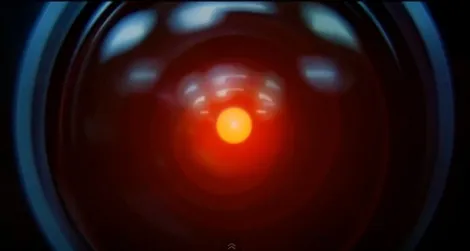by Akim Reinhardt

The ChatGPT Bot has changed everything! That’s the basic vibe I’m getting from frantic press reports, early return think pieces, and even public-facing academicians. Specifically, this new, free AI software, only a few weeks old and still improving, is already churning out high school-quality essays on just about any subject a teacher might assign, and it now stands as a real threat to the very concept of high school and even college term papers.
As a History professor myself, I suppose I should be duly panicked. However, I don’t see the rise of the bot as something to fear or even resent. That’s not to say there isn’t cause for concern. There absolutely is, and adjustments are required. But my own personal history leads me to see charlatanism as something you simply have to deal with. Growing up in New York City, we learned to dodge it from a young age, with an understanding that it was up to us to spot it. Suckers may not deserve to get taken in a sidewalk game of Three Card Monty, as hustlers love to claim, thereby muddying their own immorality. However, even if the victims are to be pitied, suckers fill an ecological niche: they function as an object lesson to the rest of us: Don’t be like them. Don’t be a chump. I also wasn’t a very good undergraduate college student, though I didn’t cheat (too much pride, not enough giving a shit).
Add it all up, and I’m primed to stop cheaters. I know how a lazy student thinks, and I’m always on the alert, guarding against getting taken. I’ve also been designing and grading college student assignments for close to a quarter-century. So for me, this new AI bot is not scarey, or even revolutionary. It’s just the latest con for those who would seek to dupe me out of my most prized professional possession: passing grades. A quick rundown shows how the academic bunko game has changed just in my time as a professor. Read more »
